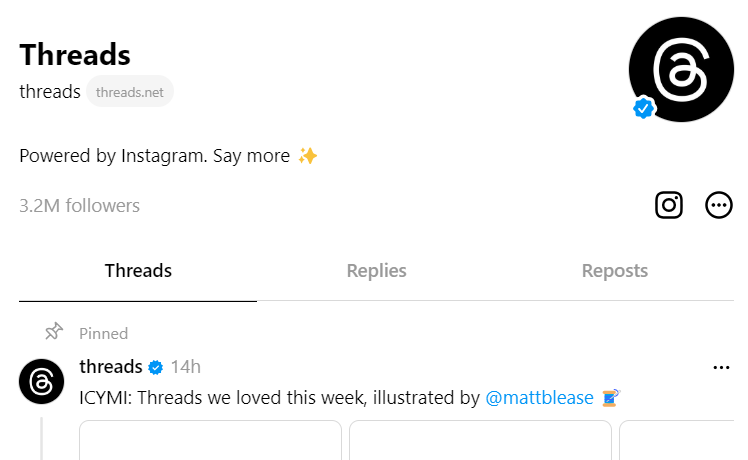Meta, Facebook’s parent company, has announced plans to incorporate generative artificial intelligence (AI) technologies into all of its products. In response to short commands or prompts from users, generative AI technology can generate text, images, sounds, and other media formats. In recent months, OpenAI’s ChatGPT has become the most popular example of a generative AI tool.
While Meta and Google have been working on similar AI technologies for years, it wasn’t until last year that they captured the public’s attention. This was due in part to the release of products like Dall-E, which generates realistic digital images from text descriptions, and the popular chatbot ChatGPT by OpenAI. Consumer demand for these products has prompted tech behemoths to move faster and release their offerings in order to capitalize on the trend.
The incorporation of generative AI technologies into Meta’s products will enable greater personalization and engagement by allowing users to create content more easily and in real time. A user, for example, could instruct a generative AI tool to create a personalized video or a custom-designed product based on their preferences. This will provide users with an immersive and interactive experience, allowing them to interact more deeply with Meta’s products.
Meta’s transition to the “metaverse,” a term used to describe a shared virtual space where people can interact in real time regardless of their physical location, will be aided by the incorporation of generative AI technologies.
As the popularity of generative AI technologies grows, we can expect more tech companies to incorporate these tools into their products.







